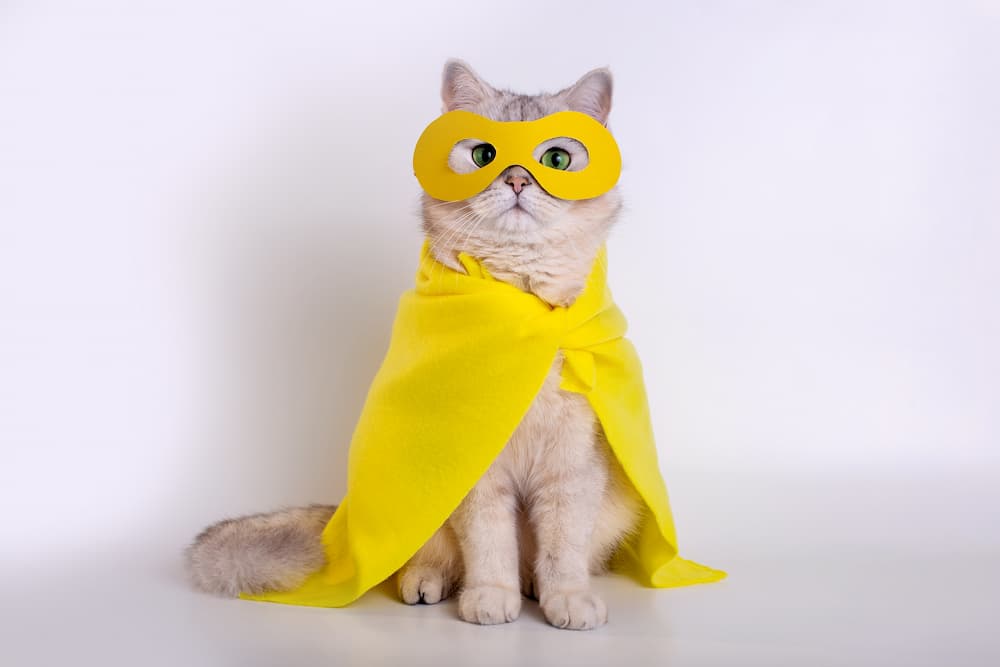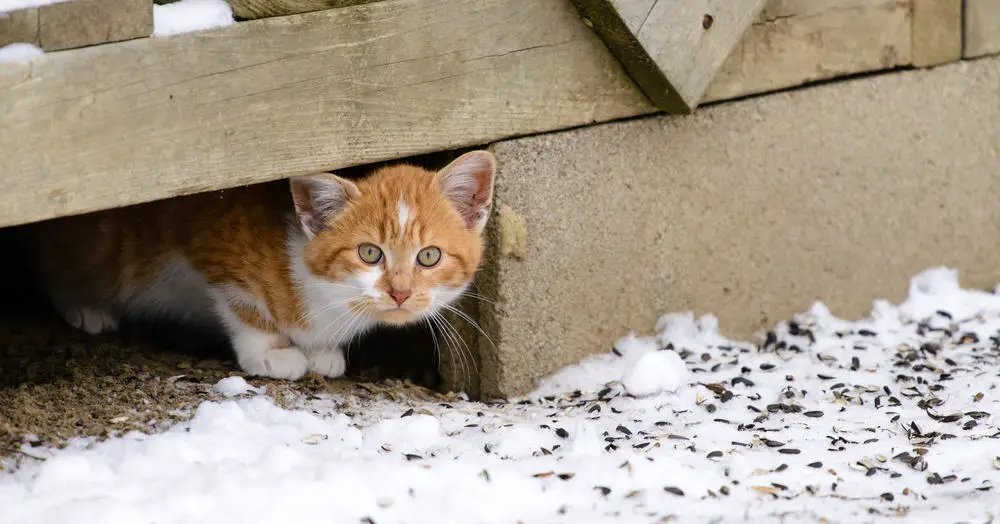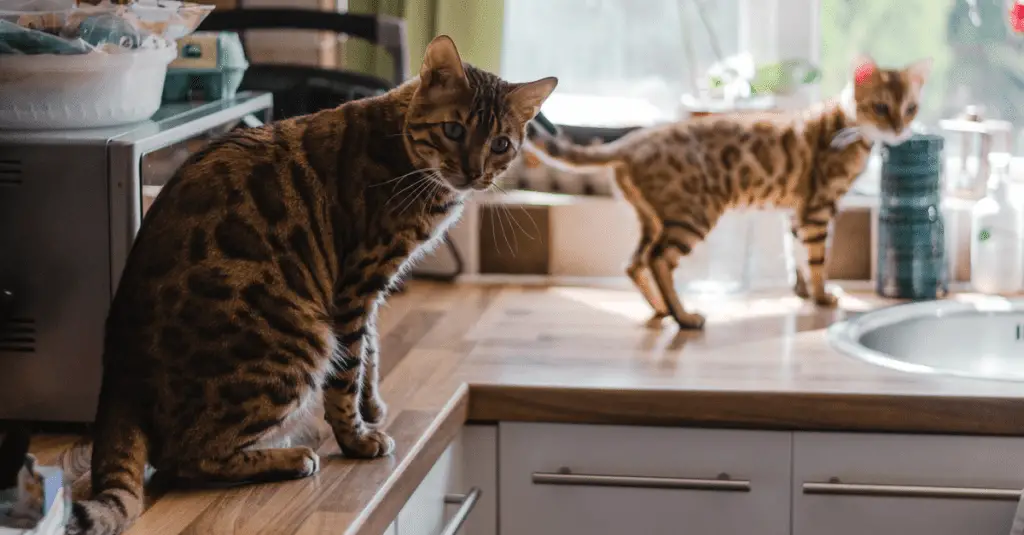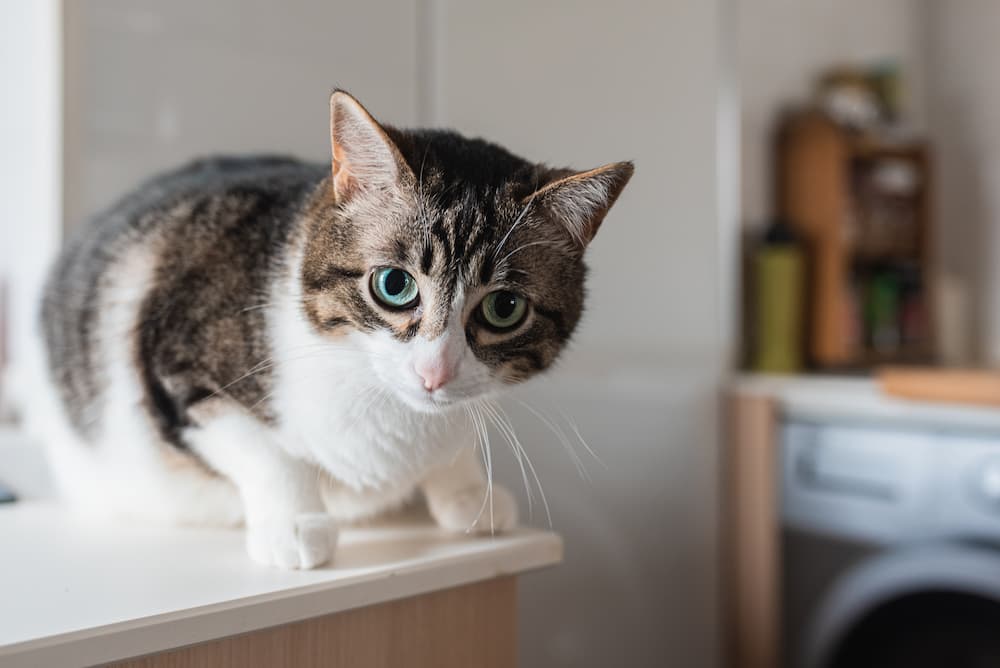The clocks spring forward this Sunday and daylight saving time begins. Many cat parents may wonder how this change affects their feline companions. While humans adjust to the shift in time relatively easily, cats operate on a different internal clock, which can leave them feeling disoriented or out of sync with their routines, particularly when meal times are altered.
In this article, we explore how daylight saving time affects cats, from changes in feeding schedules to shifts in behavior patterns. By understanding these effects, pet owners can better support their feline friends during this transition period and ensure their well-being is prioritized, possibly considering the help of a pet sitter if adjustments are challenging.

How Does Daylight Savings Time Affect Cats’ Feeding Time?
Cats are creatures of habit, and any disruption to their mealtime schedule can lead to stress and behavioral changes. To adapt to this time change, consider adjusting your kitty’s mealtime gradually, a few minutes earlier each day leading up to “spring forward.” During this transition, observe your kitty companion’s behavior closely to ensure they adjust well to the new feeding time.
Your cat may not even notice the change, but a slight difference in feeding time can affect their well-being. To minimize any negative impact on your kitty, consider gradually shifting their mealtime a few minutes earlier each day until they are comfortably adjusted to the new schedule, effectively moving their meal time an hour earlier.
Understanding the Impact of Daylight Savings Time on Cats’ Medication Time
Adapting to changes in your cat’s medication schedule during daylight savings time is vital for their health. Cats, especially those with medical conditions like diabetes and cardiomyopathy, require consistency in their medication timing. Any deviation from the prescribed schedule can impact their well-being.
To help your cat adjust to the time change, gradually shift their medication time by a few minutes a day. This gradual transition will assist in maintaining your pet’s health and ensuring they receive their medication at the correct times. Consult your vet for guidance on how to smoothly transition your cat to the new timing.
Together Time with Cats: How Does Daylight Saving Time Affect Bonding?
Daylight saving time can affect the quality time you spend bonding with your cat. Activities you usually do together might need adjustments due to the time change, particularly if they’re scheduled for a certain time of day. It’s essential to adapt to these changes to maintain a strong bond with your furriest friend.
During this transition, make an effort to engage in activities that align with the new schedule, adjusting them an hour earlier to ease your cat into the time change. Cats are creatures of habit and appreciate routine, so ensuring quality time together at specific times can strengthen your bond and keep your cat happy and content even with the shift to an hour earlier.

Managing Cats’ Internal Clocks: Effects of Daylight Savings Time
Cats have an internal clock that regulates their daily activities, and this internal rhythm can significantly affect your cat during daylight saving transitions. Daylight saving time can disrupt this natural circadian rhythm, causing changes in your cat’s behavior. To help your kitty adjust, maintain specific activity times like feeding, playtime, and rest, an hour earlier, even during the time change, to minimize their discomfort.
To avoid any behavioral changes during the time change, keep your cat on schedule with fixed times for essential activities. This consistency will help your kitty adapt smoothly to the new timing and minimize any stress or confusion caused by the daylight savings time shift.
Recognizing Cats’ Sense of Time: How They Tell Time
Recognizing your cat’s sense of time is essential for providing them with proper care and attention. Cats have an innate ability to know specific times of the day and respond accordingly. By observing your kitty’s behavior and reactions at different times, you can better understand their needs and preferences and how the time change might affect your cat.
Cats responding to specific times for mealtime or playtime showcase their internal clock and routine. This awareness underscores the significance of maintaining a consistent schedule to ensure your cat feels secure and cared for throughout the day.
Final Thoughts for Feline Friends
In conclusion, the daylight saving time switch can impact cats in various ways, affecting their feeding schedule, medication routine, bonding activities, and internal clock. Understanding how these changes can influence your cat is essential for providing them with the care and attention they need during time changes. By recognizing and adapting to the effects of daylight savings time on cats, a pet parent can ensure a smooth adjustment period and maintain a strong bond with your beloved cat.
The Catington Post is reader-supported. That means, if you make a purchase through links on our site, we may earn an affiliate commission. All images and names which are not the property of The Catington Post are the property of their respective owners.







